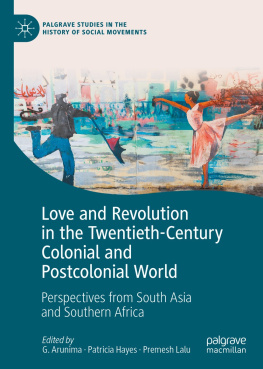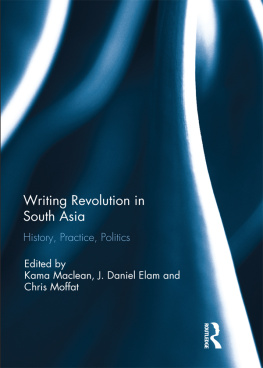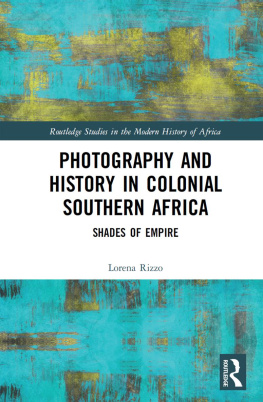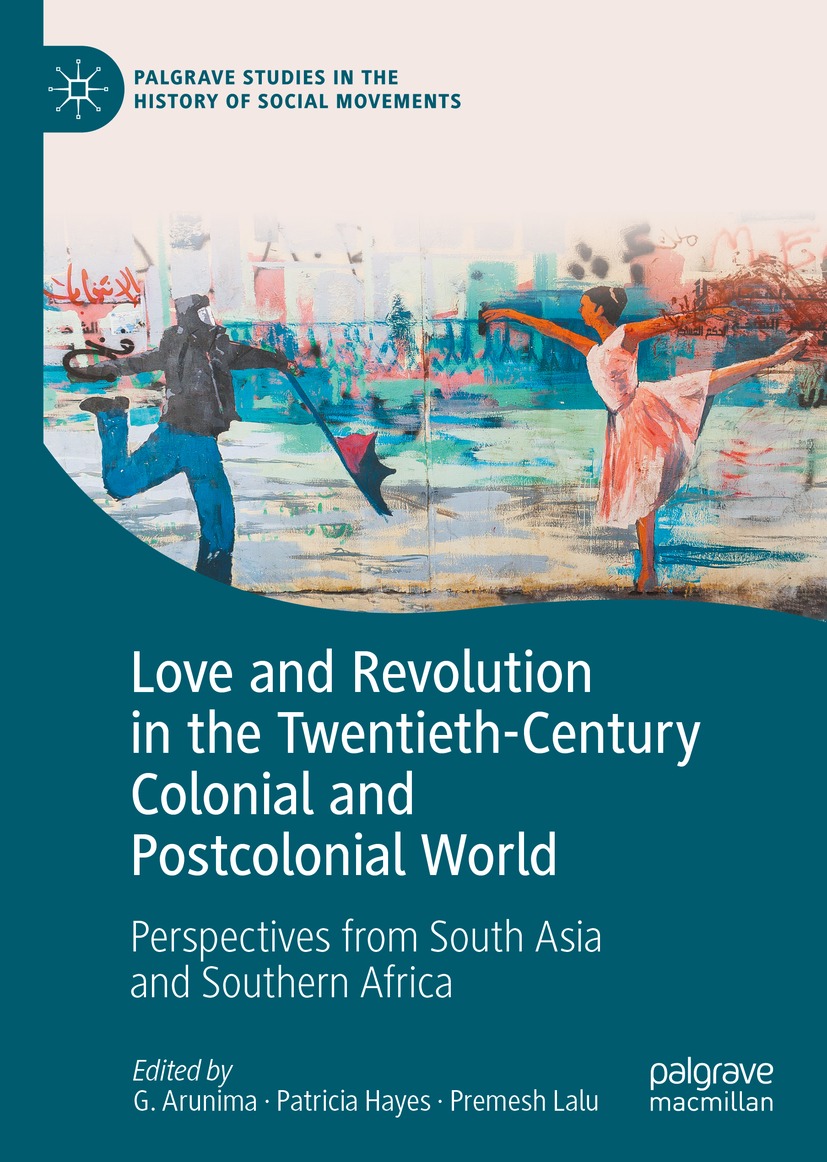Palgrave Studies in the History of Social Movements
Series Editors
Stefan Berger
Institute for Social Movements, Ruhr University Bochum, Bochum, Germany
Holger Nehring
Contemporary European History, University of Stirling, Stirling, UK

Around the world, social movements have become legitimate, yet contested, actors in local, national and global politics and civil society, yet we still know relatively little about their longer histories and the trajectories of their development. This series seeks to promote innovative historical research on the history of social movements in the modern period since around 1750. We bring together conceptually-informed studies that analyse labour movements, new social movements and other forms of protest from early modernity to the present. We conceive of social movements in the broadest possible sense, encompassing social formations that lie between formal organisations and mere protest events. We also offer a home for studies that systematically explore the political, social, economic and cultural conditions in which social movements can emerge. We are especially interested in transnational and global perspectives on the history of social movements, and in studies that engage critically and creatively with political, social and sociological theories in order to make historically grounded arguments about social movements. This new series seeks to offer innovative historical work on social movements, while also helping to historicise the concept of social movement. It hopes to revitalise the conversation between historians and historical sociologists in analysing what Charles Tilly has called the dynamics of contention.
Editorial Board:
John Chalcraft, London School of Economics, UK
Andreas Eckert, Humboldt-University, Germany
Susan Eckstein, Boston University, USA
Felicia Kornbluh, University of Vermont, USA
Jie-Hyun Lim, Research Institute for Comparative History, Hanyang University Seoul, South Korea
Marcel van der Linden, International Institute of Social History, The Netherlands
Rochona Majumdar, University of Chicago, USA
Sean Raymond Scalmer, University of Melbourne, Australia
Alexander Sedlmaier, Bangor University, UK
More information about this series at http://www.palgrave.com/gp/series/14580
Editors
G. Arunima , Patricia Hayes and Premesh Lalu
Love and Revolution in the Twentieth-Century Colonial and Postcolonial World
Perspectives from South Asia and Southern Africa
1st ed. 2021

Logo of the publisher
Editors
G. Arunima
Centre for Womens Studies, Jawaharlal Nehru University, New Delhi, India
Patricia Hayes
Centre for Humanities Research, University of the Western Cape, Cape Town, South Africa
Premesh Lalu
Centre for Humanities Research, University of the Western Cape, Cape Town, South Africa
ISSN 2634-6559 e-ISSN 2634-6567
Palgrave Studies in the History of Social Movements
ISBN 978-3-030-79579-5 e-ISBN 978-3-030-79580-1
https://doi.org/10.1007/978-3-030-79580-1
The Editor(s) (if applicable) and The Author(s), under exclusive license to Springer Nature Switzerland AG 2021
This work is subject to copyright. All rights are solely and exclusively licensed by the Publisher, whether the whole or part of the material is concerned, specifically the rights of translation, reprinting, reuse of illustrations, recitation, broadcasting, reproduction on microfilms or in any other physical way, and transmission or information storage and retrieval, electronic adaptation, computer software, or by similar or dissimilar methodology now known or hereafter developed.
The use of general descriptive names, registered names, trademarks, service marks, etc. in this publication does not imply, even in the absence of a specific statement, that such names are exempt from the relevant protective laws and regulations and therefore free for general use.
The publisher, the authors and the editors are safe to assume that the advice and information in this book are believed to be true and accurate at the date of publication. Neither the publisher nor the authors or the editors give a warranty, expressed or implied, with respect to the material contained herein or for any errors or omissions that may have been made. The publisher remains neutral with regard to jurisdictional claims in published maps and institutional affiliations.
Cover illustration: Alain Guilleux / Alamy Stock Photo
This Palgrave Macmillan imprint is published by the registered company Springer Nature Switzerland AG
The registered company address is: Gewerbestrasse 11, 6330 Cham, Switzerland
Preface
Around the world, social movements have become legitimate, yet contested, actors in local, national, and global politics and civil society, yet we still know relatively little about their longer histories and the trajectories of their development. Our series reacts to what can be described as a recent boom in the history of social movements. We can observe a development from the crisis of labour history in the 1980s to the boom in research on social movements in the 2000s. The rise of historical interests in the development of civil society and the role of strong civil societies as well as non-governmental organisations in stabilising democratically constituted polities has strengthened the interest in social movements as a constituent element of civil societies.
In different parts of the world, social movements continue to have a strong influence on contemporary politics. In Latin America, trade unions, labour parties, and various left-of-centre civil society organisations have succeeded in supporting left-of-centre governments. In Europe, peace movements, ecological movements, and alliances intent on campaigning against poverty and racial discrimination and discrimination on the basis of gender and sexual orientation have been able to set important political agendas for decades. In other parts of the world, including Africa, India , and South East Asia, social movements have played a significant role in various forms of community building and community politics. The contemporary political relevance of social movements has undoubtedly contributed to a growing historical interest in the topic.
Contemporary historians are not only beginning to historicise these relatively recent political developments; they are also trying to relate them to a longer history of social movements, including traditional labour organisations, such as working-class parties and trade unions. In the longue dure, we recognise that social movements are by no means a recent phenomenon and are not even an exclusively modern phenomenon, although we realise that the onset of modernity emanating from Europe and North America across the wider world from the eighteenth century onwards marks an important departure point for the development of civil societies and social movements.












